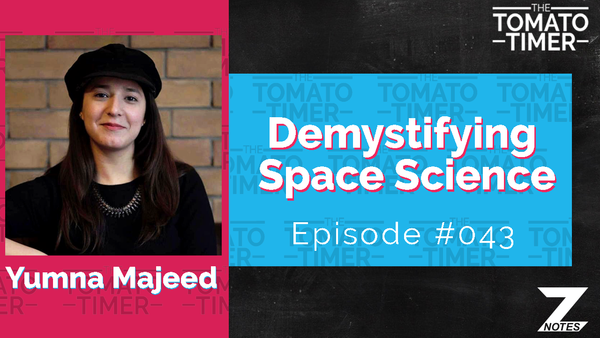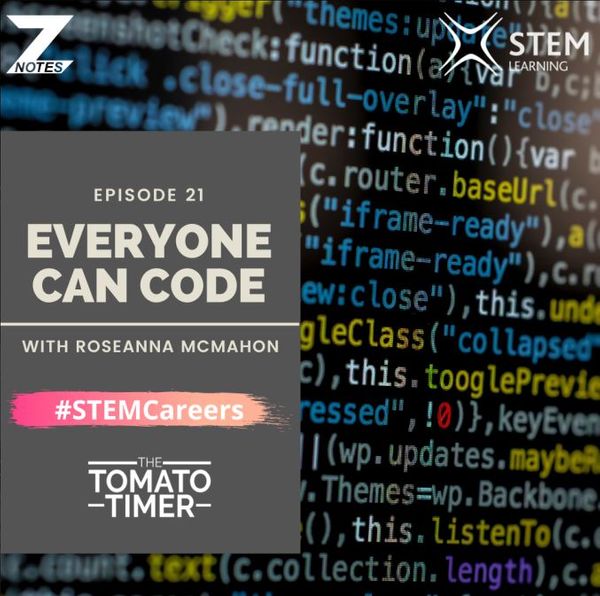IGCSE: What’s next?
Congratulations on completing your IGCSEs: two whole years of hard work have led up to this! But now you may be wondering, what’s next?
Celebrate!
First and foremost, thank your teachers, parents, siblings, classmates and whoever else helped you prepare over the last two years. They will be overjoyed to hear about your success. Slow down, and look back at everything you have accomplished. Enjoy the last parts of your summer break relaxing, catching up on your watchlist or reading list, meeting up with friends and more. If your results didn’t meet your expectations, don’t worry! It isn’t the end of the world. In two or three years, you are going to completely forget about your high school grades. If you do need to take a subject in which you have failed/ performed poorly, you can always consider re-writing the subject.
Higher Studies
The most popular programme of education IGCSE students follow is Cambridge International’s AS and A level. Some also follow other programmes, like the International Baccalaureate (IB) Programme. This is a good time to decide which one you wish to join, if you haven’t already, along with the subjects you would like to pursue. Look at your target universities’ websites to find out the prerequisites needed for the undergraduate courses you would like to pursue. This might also give you some clarity on your subject choices. Speaking to current university students that are studying in your field of interest may also help.
Transition to AS/A Levels
The free time left during the summer is a good time to familiarise yourself with the subjects you plan to study, to smoothen the transition into higher studies. A few ways you could do this are by:
- Starting tutoring, or classes
- Browsing through the textbook or relevant notes/videos
- Reading books or watching documentaries/movies related to the subjects you have picked. This also helps to develop a more nuanced perspective on any subject, and makes the learning process more holistic.
Non-academics
Pick up a new hobby, or re-ignite an old one. Start interning or volunteering. Start learning a new language. Try out a variety of things to develop your skills and identify your passions. These will definitely help your college applications be well-rounded and stand out. Pursuing extracurriculars in your field of interest will also help you gain some hands-on experience and may even help you build professional connections.
The SATs
Most students write the SAT Exam in Grade 11 (Year 12). Looking into the exam schedule for this year, giving a practice test and creating a suitable timetable to prepare will be beneficial. Your workload will start low, meaning it is best to write this exam and get it out of the way as soon as possible!
Congratulations on completing this milestone in your education journey and best wishes for all that is to come!




